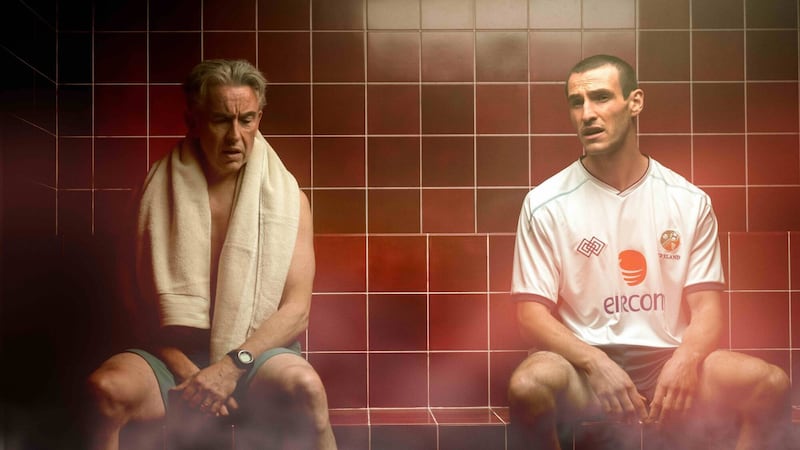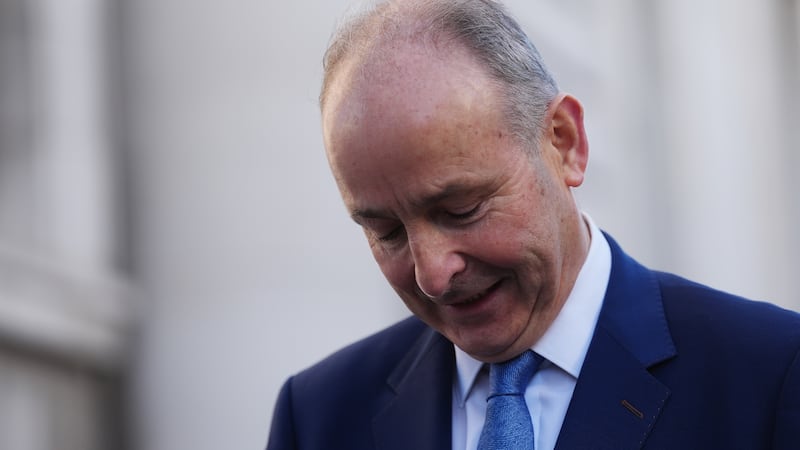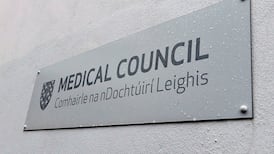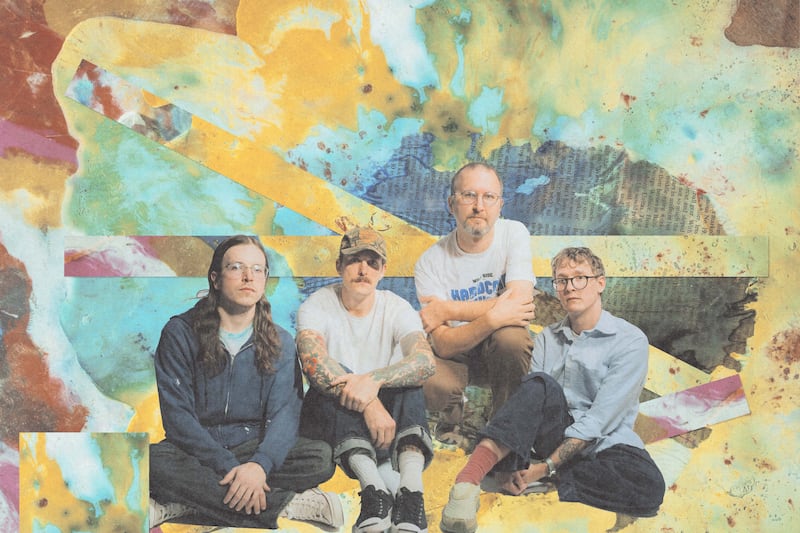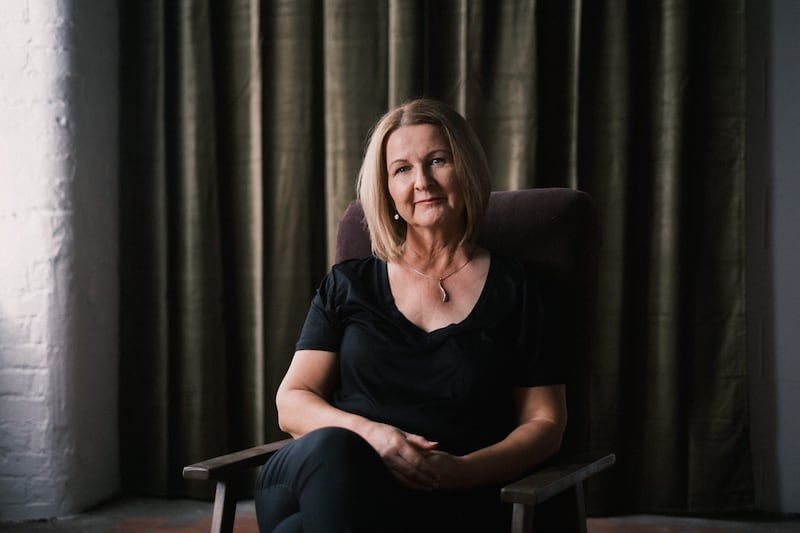Christina was just 11 years old when she first began experimenting with drugs. The Limerick woman describes herself as “a very angry child”, who began using cannabis, drink and prescription pills to cope with the sexual abuse she endured from the age of three.
“I always thought I was a functioning addict, but I wasn’t happy. I was broken inside,” she says.
Christina began using heroin, which led to her losing her home and the custody of her children. Speaking to The Irish Times Women’s Podcast, she tells Róisín Ingle about her path to sobriety following many years of drug dependency: “I can sit here and say that addiction ruined my life – but not any more. I’m taking it back”.
One resource that has proved invaluable to Christina’s recovery is Jane’s Place, a drop-in homelessness and addiction service, which offers counselling, healthcare, a kitchen, and even beauty treatments.
READ MORE
“It’s got me through so much. If I didn’t have that place, I don’t know where I’d be”, Christina explains.
“I see people out there in the streets and that used to be me, sitting down with a cup, going around in an awful state trying to find somewhere to sleep”.
The 38-year-old encourages other women who are struggling to seek help. “Don’t be afraid to ask for help and take it. It’s there. I know some women might not feel comfortable asking for it. I didn’t”.
Jane’s Place was set up in 2019 when American business executive and first woman chair of the National Broadcasting Company Jane Pfeiffer left a substantial legacy in her will to Merchant’s Quay Ireland Homeless and Drug services.
This donation coincided with research carried out by the organisation which revealed that homeless women feel less safe in male dominated services.
“44% of people in the country that are homeless are women,” says Susan Diffney, co-ordinator of the woman-focused centre.
“Those figures don’t include domestic violence refugees, IPAS centres, people couch surfing, women rough sleeping, women in prison who are homeless, women in hospital who are homeless. So the figures are much higher than what’s reported”.
You can listen back to the conversation in the player above or wherever you get your podcasts.




